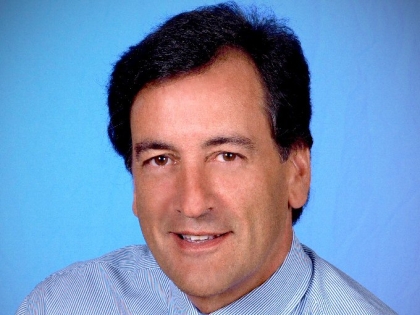
Senator Fuschillo Announces New Measures to Keep Repeat Dui Offenders Off the Road
Charles J. Fuschillo Jr.
September 28, 2012
-
ISSUE:
- Drunk Driving
New Regulations Will Strengthen DMV’s Ability to Permanently Remove Dangerous Drivers from the Road
Senator Charles J. Fuschillo, Jr. (R-Merrick) recently announced new state regulations that will help keep individuals who repeatedly drive under the influence of alcohol or drugs off the road.
Drivers convicted of multiple alcohol or drug related offenses cannot permanently lose their license under current law, unless they are involved in two DUI crashes which result in injury or death. While a driver with three or more intoxicated driving convictions within four years or four or more within eight years face “permanent” license revocation, they can actually apply to get their licenses back after only five years. That will change under the new regulations.
“Someone with six or seven DWI convictions should not legally be allowed to drive with a license in New York State, but right now that’s exactly what is happening. Driving is a privilege, not a right, and if you repeatedly endanger innocent lives by driving under the influence, then you shouldn’t be allowed on the road. These new regulations will give the New York State Department of Motor Vehicles greater ability to prevent these dangerous drivers from getting licenses that they don’t deserve,” said Senator Fuschillo, Chairman of the Senate’s Transportation Committee. Senator Fuschillo sponsored similar legislation in the Senate which would ensure that persistent drunk driving offenders have their driver’s licenses permanently revoked.
Under the new regulations, which are already in effect:
• The New York State Department of Motor Vehicles (DMV) will review the lifetime record of all drivers who apply to have their license reinstated after a revocation.
• DMV will deny any application for license reinstatement if:
o the applicant has 5 or more alcohol or drug related convictions in their lifetime or
o 3 or more alcohol or drug related driving convictions in the last 25 years plus at least one other serious driving offense during that period. Serious driving offenses include a fatal crash; a driving related penal law conviction; an accumulation of 20 or more points assessed for driving violations within the last 25 years, or having two or more driving convictions each worth five points or higher.
• If the driver has three or four alcohol or drug related convictions but no serious driving offense in the last 25 years, DMV will:
o Deny their applications for five years beyond their statutory revocation period if the applicant’s license was revoked for a reason other than an alcohol or drug related offense;
o Restore the applicant’s license after that additional period as a “restricted” license limiting the applicant’s driving to, for example, travel to and from work or medical visits; and
o For those drivers whose revocations stem from an alcohol-related offense, require an interlock on the vehicle driven by the applicant for five years.
• Repeat DUI offenders whose driver’s license is suspended or revoked will no longer be able to get their licenses reinstated early by completing DMV’s drinking driver program.
According to the DMV, more than 50,000 drivers with valid or suspended licenses have three or more alcohol related convictions in their lifetimes, and 15,000 of those drivers had their 3 or more alcohol-related convictions in the last 20 years.
